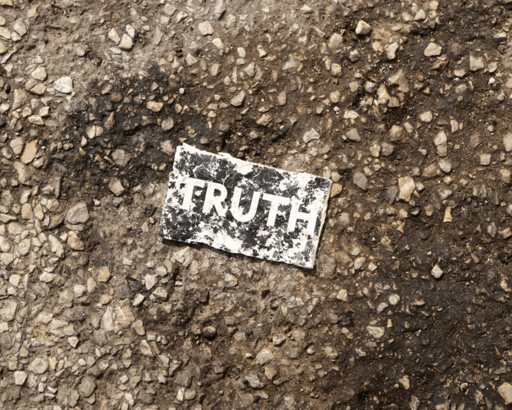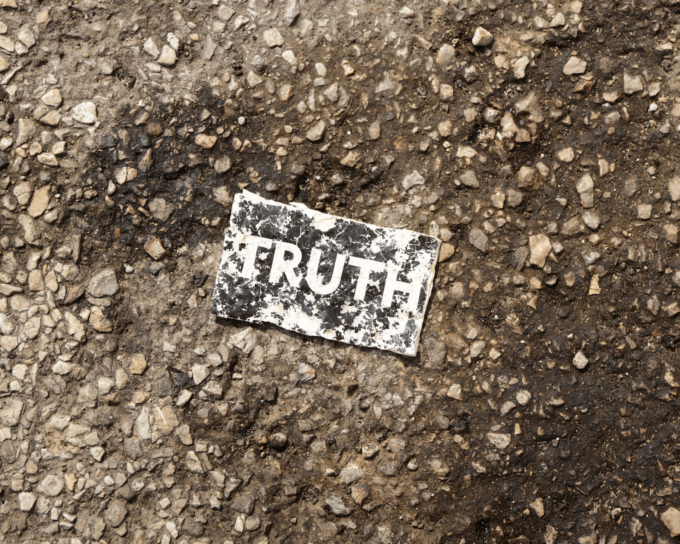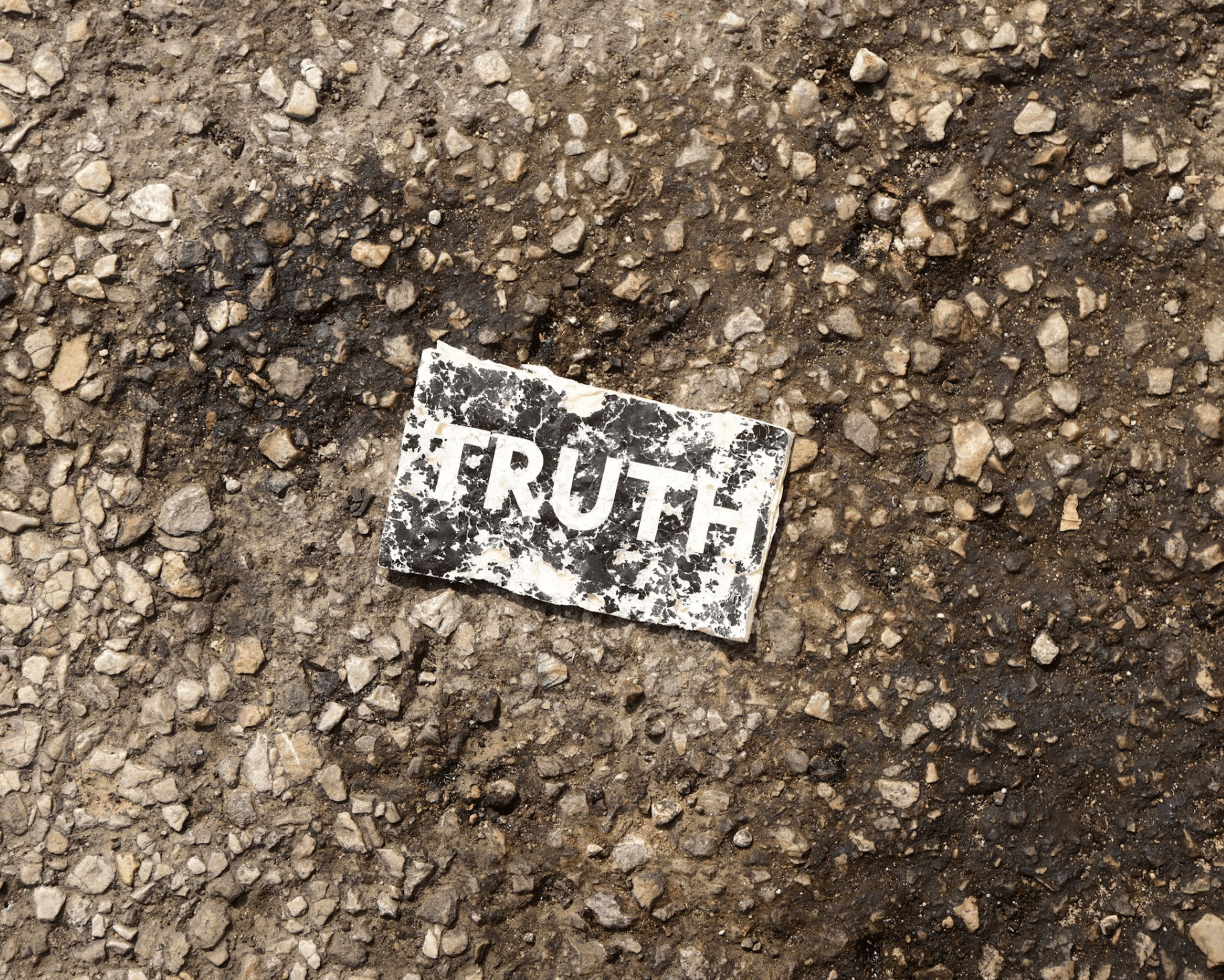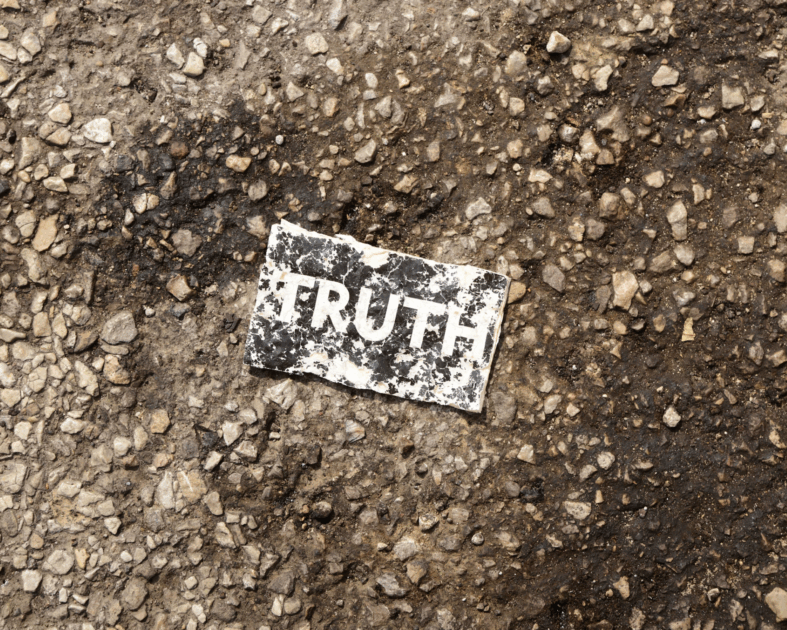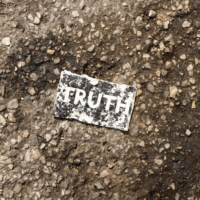Photo by Michael Carruth
“The truth is rarely pure and never simple,” wrote Oscar Wilde. That observation holds true for press freedom on both sides of the Atlantic. The US mythologises its First Amendment as near-sacred, while the UK leans on common law and tradition. Both present themselves as guardians of liberty. Yet in both countries, foreign and independent journalists soon discover that freedom often comes with quiet constraints—sometimes blunt, sometimes subtle, always consequential. “You can’t handle the truth!” Jack Nicholson sneered in A Few Good Men. Many foreign journalists in the US don’t wait to be told. They censor themselves first—scrubbing social media, I am told, stripping bylines, cancelling travel, or resorting to burner phones. A 2025 Poynter survey confirms the trend: non-citizen reporters routinely shrink their presence to remain invisible. Visas, which are ostensibly work permits, function as levers of control. Proposals to cut correspondent visas or deny renewals amount to indirect censorship: each approval or rejection becomes a kind of referendum on which voices are allowed to remain. The consequences are pretty personal. Salvadoran journalist Mario Guevara was arrested in Atlanta in 2025 while covering a protest. Charges were dropped, but ICE immediately detained him for deportation proceedings. Advocates call it a calculated use of immigration status to punish reporting. Earlier, Mexican reporter Emilio Gutiérrez Soto spent years in US detention before finally winning asylum in 2024. Chinese and Pakistani journalists have faced similar retaliation through visa denials or abrupt expulsions. The US Press Freedom Tracker recorded eleven prior restraints in 2023—apparently the highest since monitoring began in 2017. Courts remain sceptical, but their appearance at all undermines the idea of untouchable protections. In 2024, 48 journalists were arrested or detained, mostly domestic reporters at protests, but the climate is telling: the press is increasingly treated as a nuisance rather than a constitutional pillar. What is perhaps more striking than the arrests themselves is how little public outrage they generate. Once, such detentions might have sparked headlines and protests. Today, the silence suggests that infringements on press freedom are increasingly met with a shrug. Acts of journalistic courage risk becoming invisible—or worse, taken for granted. In an age when outrage is of course rationed by algorithm, violations of press freedom often slip beneath the ‘noise’. The international view reflects this erosion. In the 2025 Reporters Without Borders index that I was reading this week, the US ranked 57th—far from the beacon it claims to be. For foreign journalists, the stakes are harsher: each border crossing risks equipment seizures or reporting losses, while legal fights are prohibitively costly. Silence rarely comes from a judge’s order; it arrives through fear, attrition, or exhaustion. A Turkish journalist only a few days ago was led away on a stretcher to hospital after US agents shoved another journalist at New York Immigration Court. “Liberty means responsibility. That is why most men dread it,” George Bernard Shaw once said. Nowhere is the paradox clearer than in the press landscape here in the UK. This country lacks a First Amendment; its protections derive instead from common law, the Human Rights Act, and a battered tradition of independent journalism. No licences are required, and outright bans are rare. Yet freedom is conditional, hemmed in by secrecy laws, injunctions, and structural pressures. The Official Secrets Acts criminalise disclosure of state material. Journalists handling Edward Snowden’s documents faced threats under these provisions. The DSMA system, while technically “voluntary,” amounts to government requests not to publish on national security grounds—difficult to ignore. Courts also impose reporting restrictions to protect trials, minors, or national security, sometimes sweeping in scope. Libel law further chills reporting. Plaintiff-friendly rules allow the wealthy to sue with ease, creating costly battles. Privacy injunctions (“super-injunctions”) can even bar reporting on their own existence, a Kafkaesque form of enforced silence. These powers are not theoretical. Investigative journalist Carole Cadwalladr endured years of libel litigation from a wealthy donor she scrutinised over Brexit. She mostly prevailed—her work upheld as being in the public interest—but the law still nicked her on appeal, leaving her saddled with damages and costs. Proof, if you like, that in the UK, even when truth wins, it can come at ruinous expense. As Orwell warned, “In a time of deceit, telling the truth is a revolutionary act.” Foreign-born journalists face unique risks too. BBC Persian staff in London have spoken of harassment of their families in Iran. Freelancers reporting on Northern Ireland have been repeatedly stopped under terrorism powers at airports. Protest reporters covering Extinction Rebellion or Just Stop Oil have also faced obstruction or detention. In 2024, journalists including Sarah Wilkinson and Richard Medhurst were arrested under the UK Terrorism Act in connection with Palestine Action, blurring the line between reporting and activism and raising alarm over press freedom. Ownership concentration adds another constraint. A handful of proprietors dominate vast swathes of the UK press, shaping editorial lines. Meanwhile, the BBC, the country’s largest public broadcaster, is vulnerable to political pressure through funding threats and partisan appointments to oversight boards. The UK ranks 23rd in the 2025 World Press Freedom Index—better than the US, but far from untouchable. Its suppression rarely looks like mass arrests; rather, it takes the form of libel writs, injunctions, financial intimidation, and political meddling. “Freedom of the press is not just important to democracy, it is democracy,” Walter Cronkite once said. Measured against that standard, it can be said, both the US and UK fall short. The US deploys handcuffs and immigration law. The UK leans on libel and secrecy. One silences through detention, the other through litigation. Both claim to be models of liberty, yet both remind journalists—especially foreign-born ones—that freedom is indeed rarely pure and never simple. The more sobering question is whether journalism still commands the democratic reverence it once did. Amid disinformation, declining revenues, and audience fatigue, attacks on press freedom may no longer even shock. Traditional journalism appears less central to public life, famously displaced by algorithm-driven feeds. Some argue this is terminal decline. Others, I guess, see the profession migrating underground, where independent voices find smaller but more loyal audiences. Either way, the risks borne by reporters grow as public support wanes. At the end of the day, is journalism being suffocated, or is it evolving—moving beyond legacy institutions into more wordy, sometimes precarious forms? Will the public rediscover the value of those who sometimes risk even liberty to report truth, or has bleeding indifference become the last muzzle?
The post Between Myth and Muzzle: Press Freedom in the US and UK appeared first on CounterPunch.org.
From CounterPunch.org via this RSS feed


